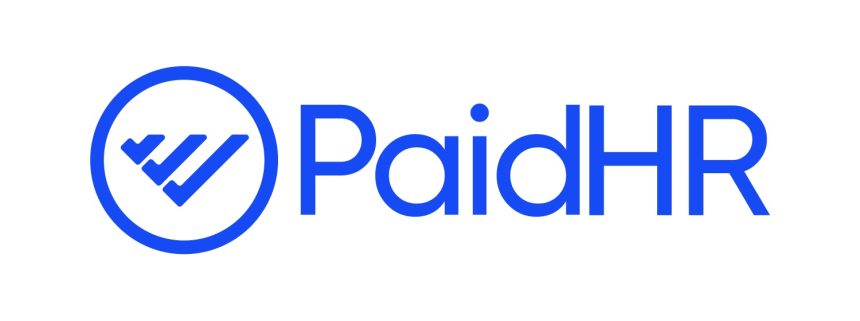Nigerian HR tech startup PaidHR has raised a $1.8 million seed round, led by Accion Venture Lab, to expand its payroll and earned wage access (EWA) platform across Africa.
Other investors include Zrosk, Chui Ventures, and Zedcrest Capital.
Why it matters
With 44 million SMEs employing 80% of Africa’s workforce — many still managing HR manually — PaidHR aims to digitize payroll while offering workers access to credit, USD savings, and early salary withdrawals.
By 2030, half of all new entrants into the global labor force will come from sub-Saharan Africa. Currently, 44 million SMEs provide an estimated 80% of jobs across the continent however, these businesses are often informal and unable to provide HR and financial services to their employees.
In Nigeria, 83% of the workforce lacks access to credit and cannot meet emergency and basic needs.
Driving the news
- The Lagos-based company, founded in 2020 by Seye Bandele and Lekan Omotosho, currently operates in Nigeria, Kenya, and South Africa.
- It’s an all-in-one platform that automates HR, payroll, and compliance, while embedding financial tools for employees, like multi-currency wallets and access to emergency credit.
- In 2024, PaidHR processed over $18 million in salaries and onboarded 20,000+ employees across SMEs in logistics, retail, and manufacturing.
What they’re saying
- “We are building HR management for the African context… this funding allows us to scale our vision and expand our reach,” said Seye Bandele, CEO of PaidHR.
- “The platform not only improves how businesses operate, but delivers meaningful financial inclusion for workers,” added Amee Parbhoo, Managing Partner at Accion Venture Lab.
What’s next:
- The funding will be used to boost product development, expand customer success teams, and scale operations across Africa’s SME sector.
- PaidHR also plans to enhance features like compliance automation, HR analytics, and employee financial wellness tools.
Between the lines
With 83% of Nigeria’s workforce lacking access to credit, startups like PaidHR are positioning HR systems as infrastructure for financial inclusion, not just back-office automation.










